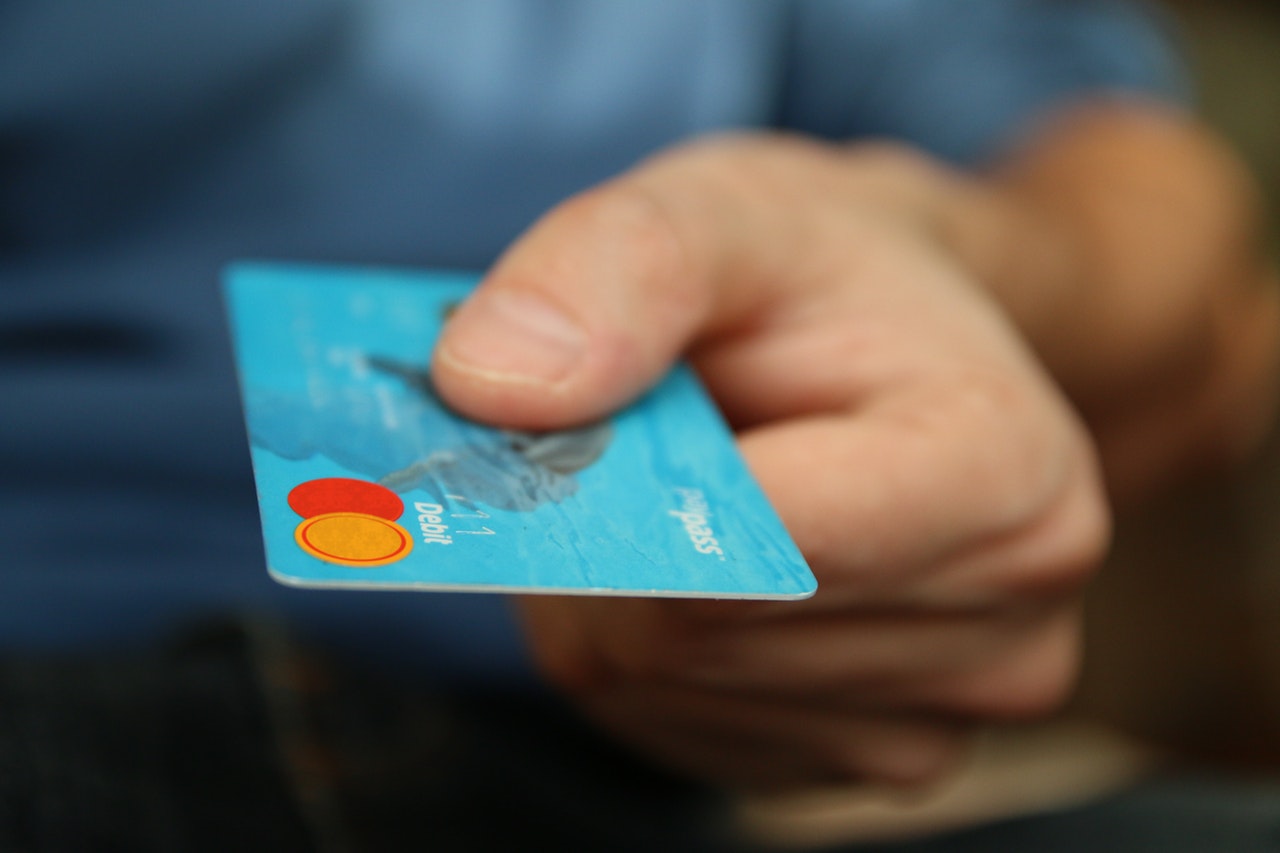What Exactly is Your Credit Score and How Can You Improve It?By Angelica Malin
Your credit score is an important piece of financial information that follows you for the rest of your life, but many people aren’t sure what it is. Or, they may not know how to improve their credit score or why their score is low. This article will answer these questions and more.
What is a Credit Score?
A credit score is a numerical representation of your financial trustworthiness, and it can have a major impact on your life. Your credit score is determined by multiple factors, including your payment history, the amount of debt you have outstanding, and the type of debt that you carry.
Your credit score can affect how much money lenders will loan to you or what interest rate they charge when lending money. It can influence whether or not you can get an apartment, phone contract, or be employed in some US states. However, many states have outlawed this practice.
What Negatively Affects Your Credit Score?
There are multiple things that can affect your credit score, but these are the most common:
- Making a Late Payment: Your payment history will play a prominent role in calculating your credit score. In some cases, even one late payment can cause a decrease.
- Applying for Credit Cards: Whether you go through an in-person or online credit card approval process, companies often pull hard credit checks that affect your credit.
- A High Debt-to-Credit Utilization Ratio: A debt-to-credit ratio below 30% is ideal, but anything higher will ring alarm bells. You’ll want to have more available credit than less.
- Closing a Credit Card Account: Closing a credit card can increase your debt-to-credit utilization ratio and shorten your credit history, both of which affect your credit.
- Stopping Credit-Related Activities: If you stop using your credit for an extended period of time, your account could become inactive, which is bad for your credit score.
If you have accounts in collection, declare bankruptcy, keep your account balances too high, or have too many accounts with balances, you’re going to tank your credit score rather quickly.
What is Considered a “Good Credit Score?”
Before we look at how to improve your credit score, it’ll help to know what a good score looks like. According to Equifax, a Good credit score is 531-670, a Very Good credit score is 671-810, and an Excellent credit score is 811-1000 in the UK. You should aim for the highest score.
How Can You Improve Your Credit Score?
If your credit score isn’t in the Good range, don’t lose hope. You can improve your credit score by following these tips. But if you need more help, consider taking a finance course right away.
Here are some steps you can take to improve your credit score:
- Pay All Bills on Time: This shows lenders that you’re able to fulfill your obligations;
- Keep Balances Low: Having too much outstanding debt can hurt your credit;
- Limit Applying for New Accounts: Space out your applications by 3 to 6 months;
- Keep Credit Utilization Low: Keep credit utilization below 30%;
- Keep Old Accounts Open: This extends your credit history;
- Don’t Max Out Your Credit: This can indicate you’re unable to manage your debt;
- Monitor your Credit Report: Review your report for any errors or fraud.
If you don’t have a credit score, which is often the case for young people or new bankers, you can apply for secured credit cards to improve your credit. A secured credit card requires collateral, but you can get started with €100 in the UK or $100 in the US at most banks.
Then, use your credit card for purchases you’d normally use your debit card for so you have enough money to pay off the whole balance. This helps you avoid paying credit card interest.


